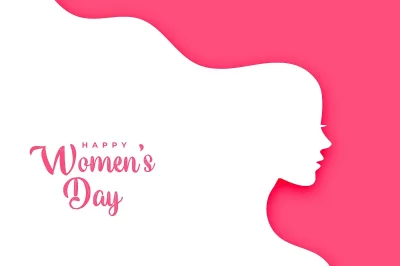Women’s Day, also known as International Women’s Day, originates in the late 19th and early 20th century women’s rights movement. The first National Women’s Day was observed in the United States on February 28, 1909, in honor of garment workers who went on strike for better wages and working conditions.
The Day was later adopted internationally, with the first observance in 1911, when it was celebrated in Germany. Since then, it has become a globally recognized day to honor the achievements of women and advocate for gender equality.
Various initiatives and movements have been instrumental in driving the process of women’s empowerment, including:
1. Legal Frameworks: Governments have enacted legislation to protect women’s rights and promote gender equality, such as affirmative action laws, marriage equality initiatives, and laws addressing domestic violence. These legal frameworks provide a foundation for women’s political participation and empowerment.
2. Women’s Organizations: There are numerous women’s organizations, both local and international, that focus on advancing women’s rights and issues. These organizations provide a platform for women to organize, advocate, and support one another in achieving gender equality.
Education is crucial in creating more inclusive societies by breaking gender stereotypes and promoting gender equality. This is done through a variety of means, including:
1. Raising Awareness: Education helps to increase awareness of gender issues and challenges stereotypes by providing accurate and diverse information about men and women.
This can be done through curriculum development, educational materials, and initiatives that challenge traditional gender roles and assumptions.
2. Promoting Gender Equality in Education: By ensuring that boys and girls have equal access to education, governments and institutions can help to reduce gender inequalities. This can be achieved by implementing policies that guarantee free education for all, regardless of gender, and by creating school environments that are inclusive and free from discrimination







